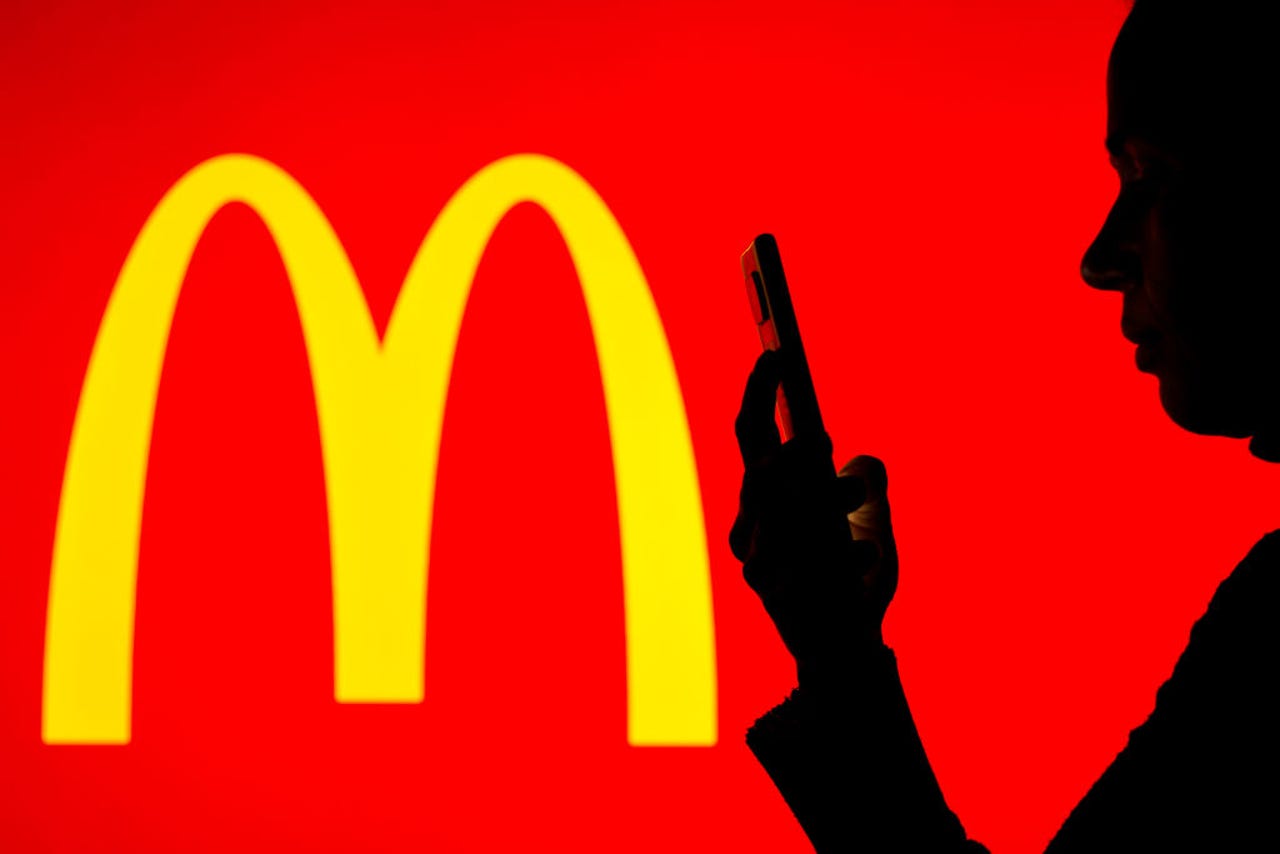McDonald's said it was trying to delight customers. Then the truth slipped out


Inflated idealism?
I want to believe.
I want to believe that technology is making the world better. Just.
ZDNET Recommends
I want to believe that we are all becoming more aware of the world's truths.
And I want to believe that when companies say things, they really mean them.
That's why I was so, so moved when McDonald's began experimenting with robot ordering at the drive-thru. Yes, it looked like a perfectly awful experience, but I wanted to believe that, over time, the robots would come to understand our accents and our quirky individualistic orders.
Not so long ago, McDonald's announced it was selling its McD Tech Labs -- formerly known as Apprente -- to IBM. The company declared that IBM had more of the core abilities needed to expand robot drive-thrus to everyone and, one imagined, making everyone happier.
In making this sale, McDonald's CEO Chris Kempczinski insisted that the tests the company had performed in Chicago had revealed "substantial benefits" to both customers and employees.
I emitted a brief hosanna. Could this really be a case of technology improving everyone's lot?
But then I drove through a recent interview at JPMorgan's 50th Annual Global Technology, Media and Communications Conference.
Here was IBM's senior vice-president of global markets, Rob Thomas giving his view on helping McDonald's become pre-eminent in robot ordering at the drive-thru.
He said that McDonald's had "kind of struggled" around ordering.
Also: Chick-fil-A is quietly making a huge customer service change (cyclists may hate it)
"We believed, and we built a thesis around, we could use our natural language processing technology, which is very good to augment the McDonalds' technology, and we're now starting to roll that out to many of their stores, eventually all their stores," said Thomas.
Ah, so everyone really is going to get naturally linguistic robots? That should be interesting.
What was even more pulsating, however, was Thomas's next thought: "And this is a great application of technology, wage inflation and quick service restaurants."
An application of wage inflation? Do you mean it's not so much about improving the customer experience but more about pure, non-human money-making?
Ah, so that's the real motivation? Fewer people want to work at McDonald's for relatively little money, so voilá, technology meets quick-service restaurants and squashes wage inflation.
Thomas was very much on a roll (or a bun, perhaps) when he continued: "We can do all the drive-thru ordering without requiring human intervention. Every once in a while, something will kick to the human, but it drives great economics to franchisees all through the power of software and through AI and creative construct."
There's nothing like the human being kicked to as they stand, perhaps all alone, making burgers all night.
I wanted to believe in technology bringing substantial benefits to all. Yet the painful reality seems to be that the substantial benefits accrue to the franchisees far more than to, say, customers or employees.
So when you encounter one of these robots, and they don't understand your more personal order, just remember that they're just cheap labor. Nothing more.